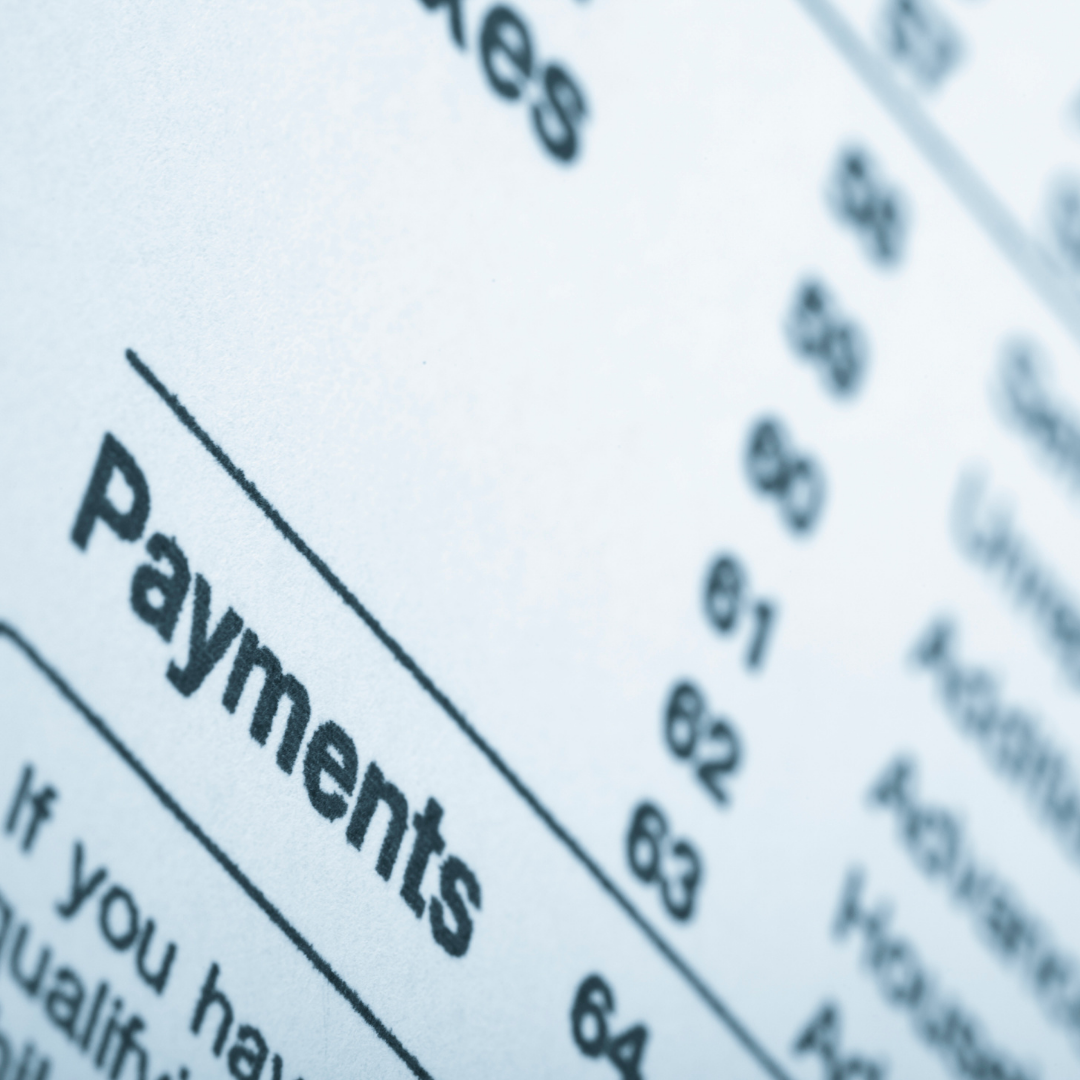One of the greatest challenges facing law firms today is navigating how to get clients to pay on time. Because attorneys generally cannot withdraw their representation due to a client’s ability or failure to pay an invoice, it is important that law firms have systems and procedures in place to improve the collection of fees and, if possible, avoid late payments altogether. Doing so will have a positive effect on your firm’s cash flow, and will allow you to focus on better serving your clients!
1. Bill Up Front
The easiest and most fool-proof way to ensure that your clients pay for your services – and thereby avoid late payments altogether – is to require them to pay up front using the retainer model. Under a retainer agreement, your client agrees to a particular fee for your services for a specific amount of time. A retainer ensures that your firm is paid for its services, your client is secured long-term representation, and that your law firm can focus on serving your client as opposed to chasing invoices.
If you choose to use a retainer agreement, be sure that your firm remains trust compliant. Maintain accurate records, keep unique funds separate, and run all required reports in a timely manner. Be sure that you are following all required rules and regulations as set forth by your local bar association as well.
2. Send Invoices Frequently
If you choose to not use retainer contracts, you’ll want to be sure that you are at least sending your clients invoices frequently. Better yet, automating these notifications means that your clients will know when their payment due date is approaching without requiring a more hand-on approach on your part.
One common model that many law firms implement is sending 10-day, 5-day, and 3-day reminder notices. While this may seem excessive, keep in mind that for many law firms, it is common to not send an invoice until more than 60 to 90 days after legal services were rendered. Studies show that people’s perceptions of the value of a product or service diminish over time, so it is very important for your firm to be paid as soon as possible if you wish to be paid at all.
3. Automate Your Payment Methods
If your law firm is still reliant on traditional check and paper money transactions, it may be time to consider quicker online payment options. While a paper check can take five or more days to clear, an e-check clears in one to three days. Credit card payments clear even faster, which makes them worth the small transaction fees if your firm is concerned about consistent cash flow.
By giving clients the freedom to make online payments, you enable them to pay your firm quickly and at a moment more convenient to them. Even better, if you choose to use the retainer model, have your client keep a credit card on file, with written approval to charge the card automatically on the same day each month. This process can greatly reduce the number of late pays you encounter because it ultimately puts you in control of when you’re paid.
Bottom Line:
It is important to understand that your firm’s poor billing practices lead to your clients’ poor payment practices. Oftentimes, if client invoices go unpaid in excess of three or four months, many law firms will offer discounts on the overdue balance; many firms will even forego attempts to collect the fees, and will write off the debt entirely.
As a result, many law firms will only see, on average, $0.75 to $0.85 of every dollar they bill. Therefore, setting clear, mutually agreed-upon standards for yourself and your clients – and adhering to these best billing practices – will ensure that your firm receives all monies owed in a timely manner.
